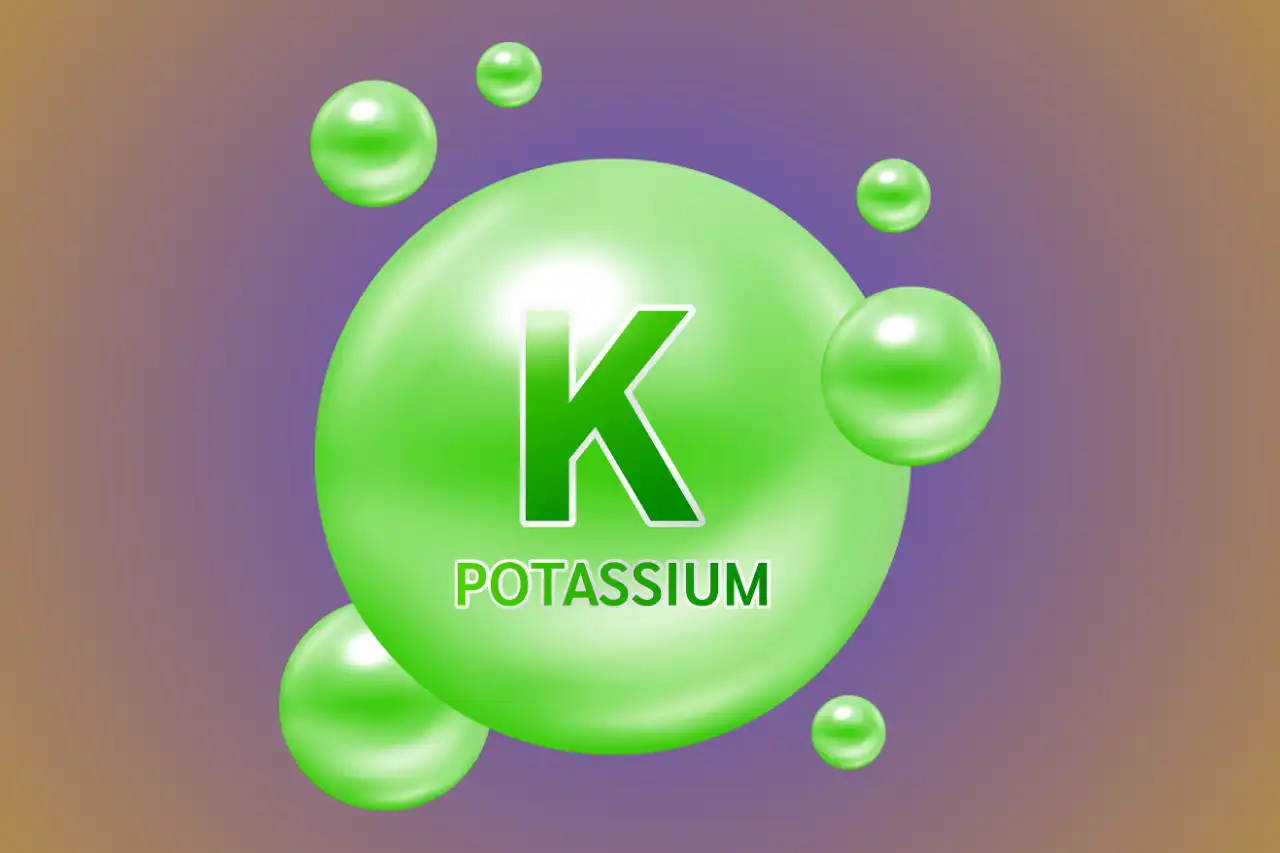-: COBALT :-
COBALT – THE UNSUNG MICRONUTRIENT FOR VITAL HEALTH…!!!
Cobalt is a trace mineral essential for human health, primarily known as a key component of Vitamin B12 (Cobalamin). Though required in minute amounts, its role in maintaining bodily functions is profound. It acts as a cofactor in the formation of the thyroid hormone thyroxine.
Daily Requirements
Men
- Teens (14-18 years) – 2.4 mcg per day.
- Men 18+ years – 2.4 mcg per day.
Women
- Pregnant women – 2.6 mcg per day.
- Breastfeeding Mother – 2.8 mcg per day.
Children
- Infant (0-6 months) :- 0.4 mcg per day.
- Children (1-8 years) :- (0.9 -1.2mcg) per day.
Function on different Organ
- Heart
Details
Cobalt is a key element in Vitamin B12, which is necessary for the production of red blood cells (RBCs). Proper RBC formation ensures sufficient oxygen supply to the heart and other organs.
By aiding in hemoglobin production, cobalt helps maintain adequate oxygen transport in the body thus prevents anemia which causes cardiac workload. Proper vitamin B12 levels help maintain low homocysteine levels in the blood. High homocysteine is linked to an increased risk of cardiovascular diseases, including heart attacks and strokes.
- Nerve and spine
Details
Cobalt is involved in the synthesis of Vitamin B12, which helps maintain the myelin sheath — a protective covering around nerve fibers. Healthy myelin sheaths enhance signal transmission between neurons, ensuring proper motor and sensory functions and prevents neurological disorders like peripheral neuropathy.
- Bone Health
Details
Cobalt plays a role in maintaining bone strength by supporting bone tissue formation and turnover. It is essential for repairing micro-damage in bones, promoting overall skeletal health.
Adequate cobalt levels may reduce the risk of bone fragility and various bone disorders like osteoporosis.
- Gut health
Details
Cobalt influences the activity of digestive enzymes, enhancing proper digestion. It helps in the efficient absorption of nutrients, especially Vitamin B12, ensuring better metabolism and energy production. Also Cobalt may indirectly support the growth of beneficial gut bacteria.
Symptoms incase of Deficiency
Since cobalt is closely tied to Vitamin B12, deficiency symptoms are similar to B12 deficiency:-
- Fatigue and Weakness due to low red blood cell production.
- Pale Skin caused by anemia.
- Numbness and Tingling in Hands and Feet due to nerve damage.
- Memory Loss and Cognitive Decline.
- Mood Changes.
- Shortness of Breath.
Diagnosis
- Serum Vitamin B12 Test
Details
Serum Vitamin B12 Test is most commonly used to assess cobalt levels indirectly.
- Methylmalonic Acid (MMA) Test
Details
Methylmalonic Acid (MMA) Test is used to indicate elevated levels B12 (and hence cobalt) deficiency.
- Homocysteine Test
Details
High levels may suggest a lack of vitamin B12 and cobalt.
Food Sources
Veg Sources
- Vegetables
- Spinach.
- kale.
- Broccoli.
- Legumes
- Lentils.
- Beans.
- Peas.
- Whole Grains
- Barley.
- Oats.
- Brown rice.
- Nuts & seeds
- Almonds.
- Walnuts.
- Flax seeds.
Non-Veg Sources
- Shellfish
- Clams.
- Oysters.
- Lean meats
- —
- —
- Dairy
- Milk.
- Cheese.
- Yogurt.
- Other
- Eggs.
What if Overconsumption
Vitamin B1 is water-soluble, meaning excess amounts are flushed out in urine. However, extremely high doses (from supplements) may cause mild side effects like:-
- Stomach upset.
- Skin rashes.
- Dizziness.
Vitamin B1 might be small in quantity, but it’s mighty in function! From powering your brain to keeping your heart strong, it’s essential for everyday health. A well-balanced diet gives you all the B1 you need—no fancy supplements required. So add some B1-rich foods to your plate and keep your energy soaring…!!!












